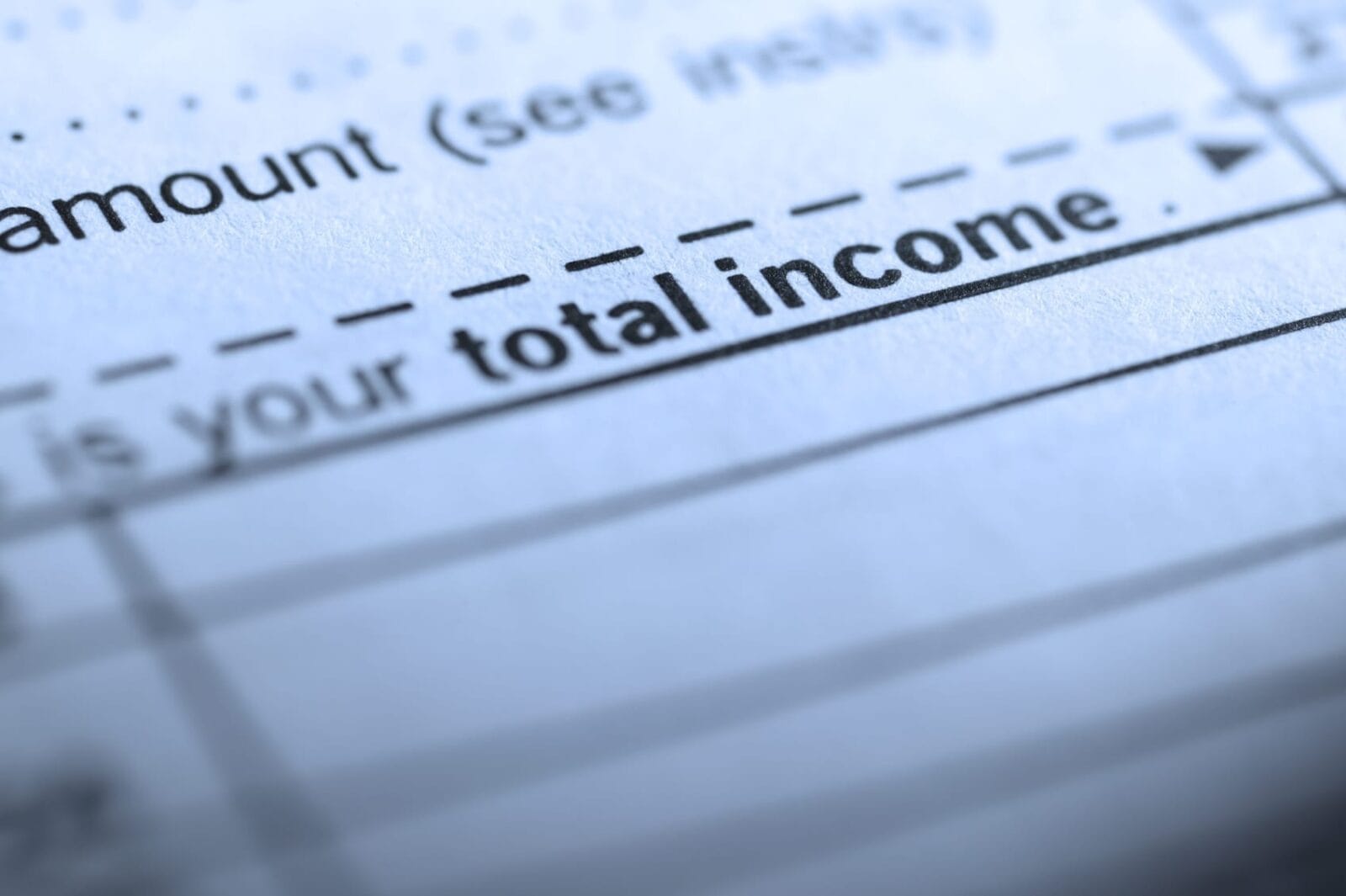
The Short Answer…
No, most personal injury settlements are not taxed, but there are important exceptions you need to know. The IRS has specific rules about what you must report as income. While compensation for physical injuries or sickness is typically tax-free, other parts—like punitive damages, emotional distress unrelated to a physical injury, or interest earned—may be taxable. This can get confusing fast.
Understanding what is and isn’t taxable can help you keep more of your money and avoid unexpected surprises come tax time. If you’ve recently won a personal injury case or received a settlement in Texas, read on to learn if your personal injury settlement is taxable, how the IRS treats injury settlements, and what that means for your case.
Key Takeaways
- Most personal injury settlements are not taxable if they compensate for physical injuries or physical sickness.
- Texas does not tax personal income, so there are no state taxes on personal injury settlements—but federal taxes may still apply.
- Lost wages, interest, and punitive damages are usually taxable under federal law.
- Consulting a personal injury lawyer or tax professional is the best way to ensure your settlement is handled correctly.
Table of Contents
- What Is a Personal Injury Settlement?
- What the IRS Says About Personal Injury Lawsuit Settlements
- What Parts of a Personal Injury Settlement Are Tax-Free?
- What Parts of a Settlement Are Taxable?
- How Are Personal Injury Settlements Taxed in Texas?
- Do You Have to Report a Personal Injury Settlement to the IRS?
- Do You Have to Declare Personal Injury Compensation?
- Is Compensation for Personal Injuries Included in Federal Gross Income?
- Practical Tips for Handling Settlement Taxes
- Why Braker White Is the Right Choice After a Personal Injury
What Is a Personal Injury Settlement?
A personal injury settlement is compensation paid to someone who was hurt in an accident caused by someone else. These settlements can come from motor vehicle accidents, slip and falls, product injuries, and more.
The total settlement amount may include several different types of damages, like:
- Medical expenses
- Lost income
- Pain and suffering
- Property damage
- Punitive damages (if the other person acted particularly recklessly)
Some of this money is tax-free, but not all of it.
What the IRS Says About Personal Injury Lawsuit Settlements
According to IRS Publication 4345 and Internal Revenue Code Section 104(a)(2), you do not have to pay taxes on money received for physical injuries or physical sickness as long as the money wasn’t previously deducted.
This includes:
- Hospital bills
- Doctor visits
- Surgeries
- Physical therapy
- Prescriptions
- Pain and suffering related to a physical injury
But if your compensation includes money not related to a physical injury, it might be taxed.
What Parts of a Personal Injury Settlement Are Tax-Free?
For personal injury settlements, the IRS generally does not tax:
| Compensation Type | Taxable? | Details |
|---|---|---|
| Medical expenses | ❌ No | As long as you didn’t already claim those same medical costs as a deduction on a previous tax return. |
| Pain and suffering | ❌ No | Must be tied to a physical injury. |
| Emotional distress | ❌ No | Only if caused by a physical injury. |
| Property damage | ❌ No | Up to the value of the property lost. |
| Legal fees (on non-taxable damages) | ❌ No | As long as the underlying damages are non-taxable. |
What Parts of a Settlement Are Taxable?
If your personal injury lawsuit includes any of the following, you may owe taxes:
| Compensation Type | Taxable? | Why? |
|---|---|---|
| Lost wages | ✅ Yes | Treated like regular earned income. |
| Interest on the settlement | ✅ Yes | Considered taxable interest income. |
| Punitive damages | ✅ Yes | Meant to punish the wrongdoer, not compensate you. |
| Emotional distress | ✅ Yes | If not tied to a physical injury. |
| Attorney fees (on taxable damages) | ✅ Yes | May be taxed as part of your gross income. |
Example: If your case includes $100,000 for medical bills and $50,000 in punitive damages, only the $50,000 may be taxable.
How Are Personal Injury Settlements Taxed in Texas?
Texas has no state income tax, which means your personal injury settlement won’t be taxed at the state level regardless of whether it’s for physical injuries, emotional distress, or lost wages.
However, federal taxes still apply, and the IRS rules will determine what parts of your settlement (if any) are taxable.
| Tax Type | Applies in Texas? | Notes |
|---|---|---|
| State income tax | ❌ No | Texas does not tax personal income. |
| Federal tax | ✅ Yes (if applicable) | Taxable portions like lost wages or punitive damages must be reported. |
| IRS reporting | ✅ Possibly | If a 1099 is issued or if interest/punitive damages apply. |
Why This Matters in Texas
Because Texas doesn’t have a state income tax, some injury victims assume no taxes apply at all. But that’s not true. Federal taxes still apply, and without the right legal guidance, you could unintentionally trigger IRS penalties or pay more than you should.
At Braker White, we help clients in Odessa, Midland, Big Spring, Andrews, and across West Texas navigate both personal injury law and the federal tax rules that follow a settlement. Our team can help ensure that your agreement is worded clearly, categorized properly, and designed to protect your recovery.
Do You Have to Report a Personal Injury Settlement to the IRS?
You only need to report your settlement if part of it is taxable. The IRS may send a Form 1099-MISC or 1099-INT if:
- Interest is paid on your settlement.
- There are punitive damages.
- A portion of the award covers lost wages.
Do You Have to Declare Personal Injury Compensation?
No, if it’s for physical injury or illness, you don’t have to declare it as income. Still, it’s important to keep your settlement agreement and supporting legal documents in case the IRS ever asks for verification.
Is Compensation for Personal Injuries Included in Federal Gross Income?
No. Under IRS law, compensation for physical injuries is excluded from gross income as long as you didn’t previously deduct related medical expenses on your taxes.
However, every case is different, and the tax treatment of settlements can get tricky. It’s always smart to consult an attorney or tax professional to make sure you’re fully protected.
Practical Tips for Handling Settlement Taxes
To avoid potential issues and protect your compensation, keep these tips in mind:
- Break down your settlement clearly in writing.
- Label damages properly (medical, pain and suffering, etc.).
- Avoid taking a tax deduction for medical expenses that are later reimbursed.
- Work with an attorney to structure the agreement.
- Save all tax documents and consult a CPA if needed.
Why Braker White Is the Right Choice After a Personal Injury
At Braker White, we can help you pursue fair compensation for your injury claim and protect your settlement. After an accident, we know how to maximize your potential recovery and minimize the tax burden.
Here’s how we help:
- Clearly structure your settlement.
- Coordinate with financial professionals for clean documentation.
- Fight for full compensation for every type of damage you may be owed.
- Offer free consultations so you know your options.
Your case doesn’t end when the settlement arrives. If you’ve been injured in Texas, our team at Braker White is here to guide you through the legal and financial steps that come next.
Let us help you keep what you’ve fought for. Contact us today for a free, no-obligation consultation.











